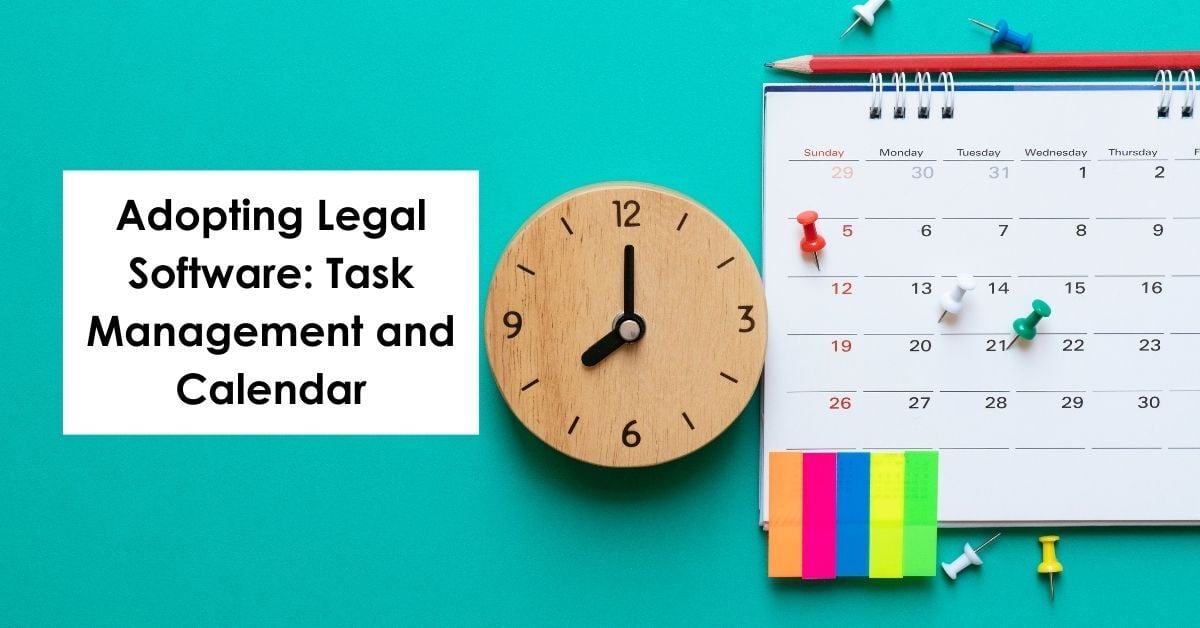Where Are You On The Technology Adoption Curve?
Some people love new technology. Others take a more cautious approach. Over time, both at the individual and industry area, these can shift. Let's take a look at each phase of adoption and highlight some of the benefits and potential pitfalls. One thing is certain. Consumers drive the adoption process whether out of need or convenience. No matter where you are on the curve, consumers are already ahead of you.
Innovators
This is the group of people who are actively looking for and trying out new things. A beta version of technology doesn't scare them at all. In fact, it's part of the fun. These individuals are seeking to actively address a current need or hope. You may know an innovator. They are the ones chatting up a new app or online software solution.
A key benefit here is being on the cutting edge of solutions. Particularly if it's in the beta stage, these users may have the option to help the developer further refine the end product. The negative? Just time, really. For innovators, they generally take pride in being 'in the know' and on the cutting edge so they are happy to spend their time checking out the latest thing.
Let's look at the music industry. Who remembers Napster? Introduced in 1999, the idea behind it came from two teenagers. The idea was to be able to share MP3 files on any connected device. No need to go to the store to buy a CD and have to purchase the whole 'album' instead of only the one or two songs you wanted. Record companies had no choice but to engage in the process and find a way to ensure their label and artist were paid their due. And the entire industry was forever changed.
Those people who actively used Napster, and spread the word about it, are the innovators in terms of the user side. Clearly, this new product solved a lot of issues for music fans. Launched in October 1999, by March 2000 over 20 million people were Napster members, predominantly through word of mouth.
Early Adopters
This group of people are likely waiting for others to test it out and confirm the product 'works'. They aren't really interested in spending their time or effort to test a beta. But they are open to new technology once some level of confidence has been seen. These people are likely connected to the innovators, but wait until they test it out to give new products a try.
A benefit of being an early adopter is the first-mover advantage. Let's say you adopted legal tech soon after it was beta tested. Your competitors? Probably not all of them. As such, your firm was able to differentiate yourself from the crowd by delivering a better client experience. The risk here is the software may not yet be fully realized. Some elements of the benefits may not yet be realized.
Turning to our online music industry example, these are the people who helped grow Napster from their first million users to the 20 million. They weren't the first ones, but they were close. And when Napster had to file bankruptcy (see: copyright infringement by not paying labels and artists), other options like Soundcloud and Spotify launched. Having had experience with online music streaming, the innovators and early adopters happily and quickly gave the new providers a try.
Early Majority
This group typically follows pretty quickly after the innovators and early adopters have a good experience. If the software isn't working the way it should, these people will wait for the option that does work. Many could say, looking at our own industry, that this is where legal tech adoption is stuck. Certainly some platforms are more reliable than others, and all of us are working hard to deliver a platform the meets and exceeds expectations. But it seems at this point, law firms haven't yet found that platform. Here we emphasize yet. But more on that soon.
Remember that first-mover advantage? The early adopters may have had the first step, but that doesn't mean you can't quickly match that benefit. Particularly for law firms, where adoption is still low, the benefits of providing a client portal and visibility to matters are still very real and many will still see the first-mover advantage. The risk here is the competition. As a client portal becomes the norm, firms that don't provide that option will decline. In fact, an article published by the ABA in 2019 suggests firms that don't adopt technology will be left behind.
Going back to our music example, in the 2010s, more and more music stores shuttered their doors. As the majority of people made the switch to music streaming services (that didn't have the drama of Napster...), the need for those stores was so reduced, it no matter made sense for them to remain open. As more and more people adopt the new software, previous methods kind of fade. Or they can be reimagined. But once the early majority have crossed over, the old way of doing things fades.
Late Majority
This group is happy to adopt once most people they identify with (lawyer or music fan, take your pick for the example) have a positive track record. But there's more to it than just that. This group may be reticent to change at all. Risk averse, 'don't fix it if it isn't broken', or just really doesn't like change, this group will go begrudgingly. This group adopts when the old way is no longer as readily available.
For legal tech, we haven't yet this phase yet. We are clearly stuck in the early majority. There are likely some reasons for that, mentioned above. The legal tech industry simply isn't able to convert users who are risk averse. Yet.
Going back to the music example, once those music stores closed, it became harder to get new music. At that point, users could listen to the music they already had, order a CD online to be shipped, or just adopt the streaming service. For the group of late majority adopters, the process needs to be simple and proven.
Laggards
To put it succinctly, this group changes only when the cost or inconvenience of the 'old' way no longer makes any sense. Holding on until the bitter end, laggards are far more likely to be reticent to change at all.
Certainly this approach is apparent in legal tech today. But as more and more emerging attorneys start practicing, who are comfortable with technology and have even had some experience with it during law school, this group will be pushed a bit harder to adapt.
Continuing the music example, this group likely still orders CDs online for shipment. There is something great about seeing the album art and the insert, I must agree. Will they ever adopt streaming music? Who knows. Probably. Maybe they already have to some extent. But they really like the way it was, for whatever reason.
Which category would you put yourself in? Is it different professionally than personally? Consider what's holding you back and weigh the benefits. At this point, the risks are very low. And going to be even lower. Watch this space....


